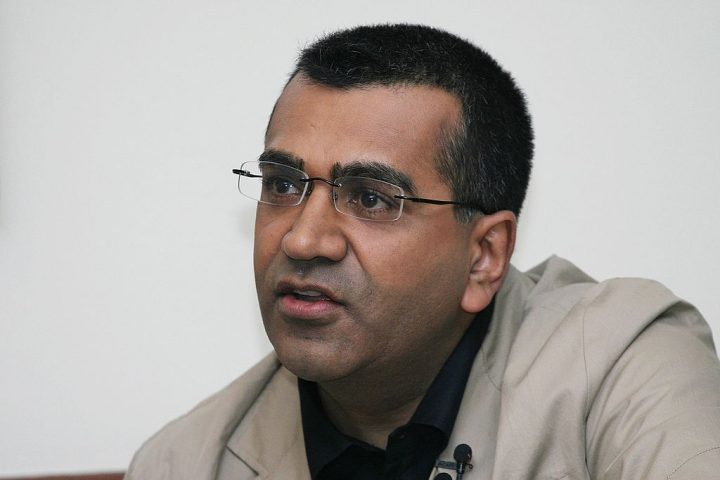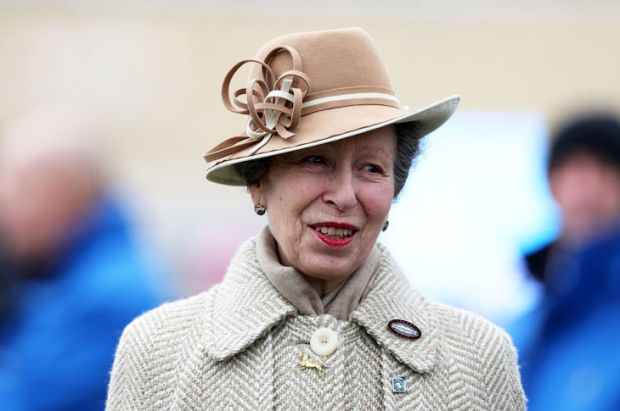In the annals of those connected with the contemporary Royal Family, it is hard not to see the journalist and broadcaster Martin Bashir as occupying the position of chief pantomime villain. He was launched to fame (some would say notoriety) when he interviewed Princess Diana for Panorama in 1995, eliciting the admission from her that ‘there were three of us in this marriage’.
Already a subscriber? Log in
Subscribe for just $2 a week
Try a month of The Spectator Australia absolutely free and without commitment. Not only that but – if you choose to continue – you’ll pay just $2 a week for your first year.
- Unlimited access to spectator.com.au and app
- The weekly edition on the Spectator Australia app
- Spectator podcasts and newsletters
- Full access to spectator.co.uk
Or




















Comments
Don't miss out
Join the conversation with other Spectator Australia readers. Subscribe to leave a comment.
SUBSCRIBEAlready a subscriber? Log in